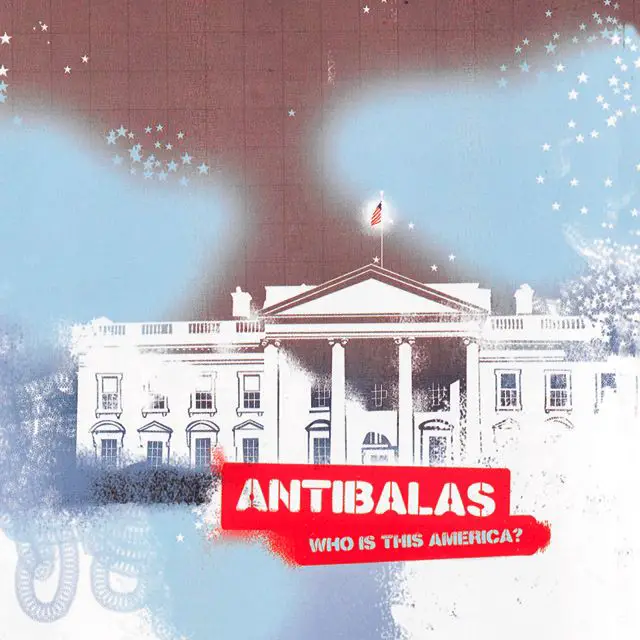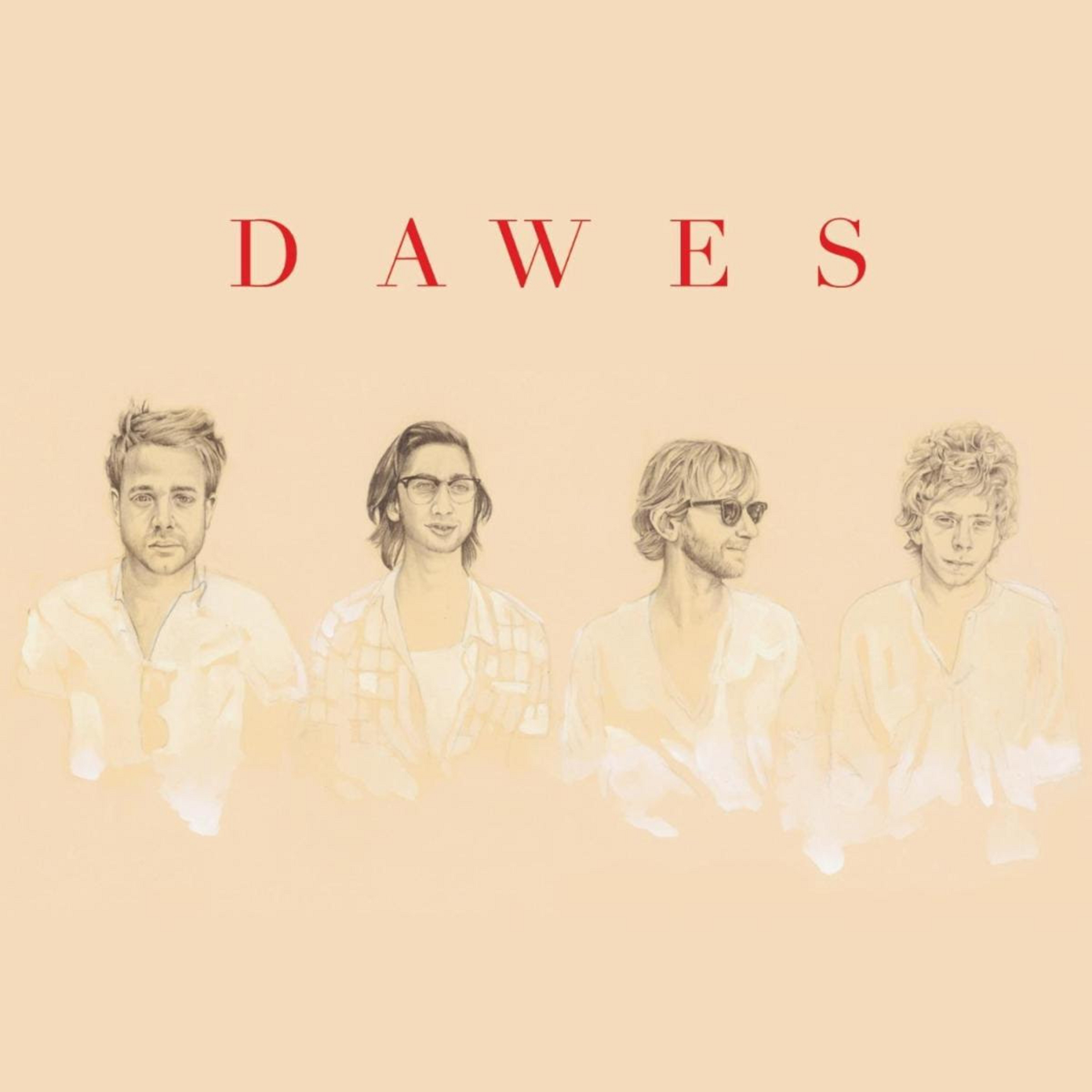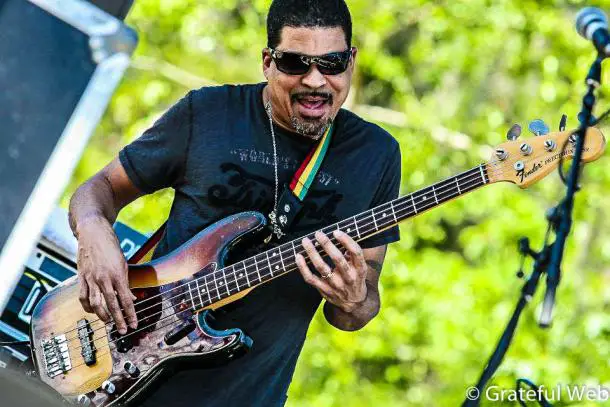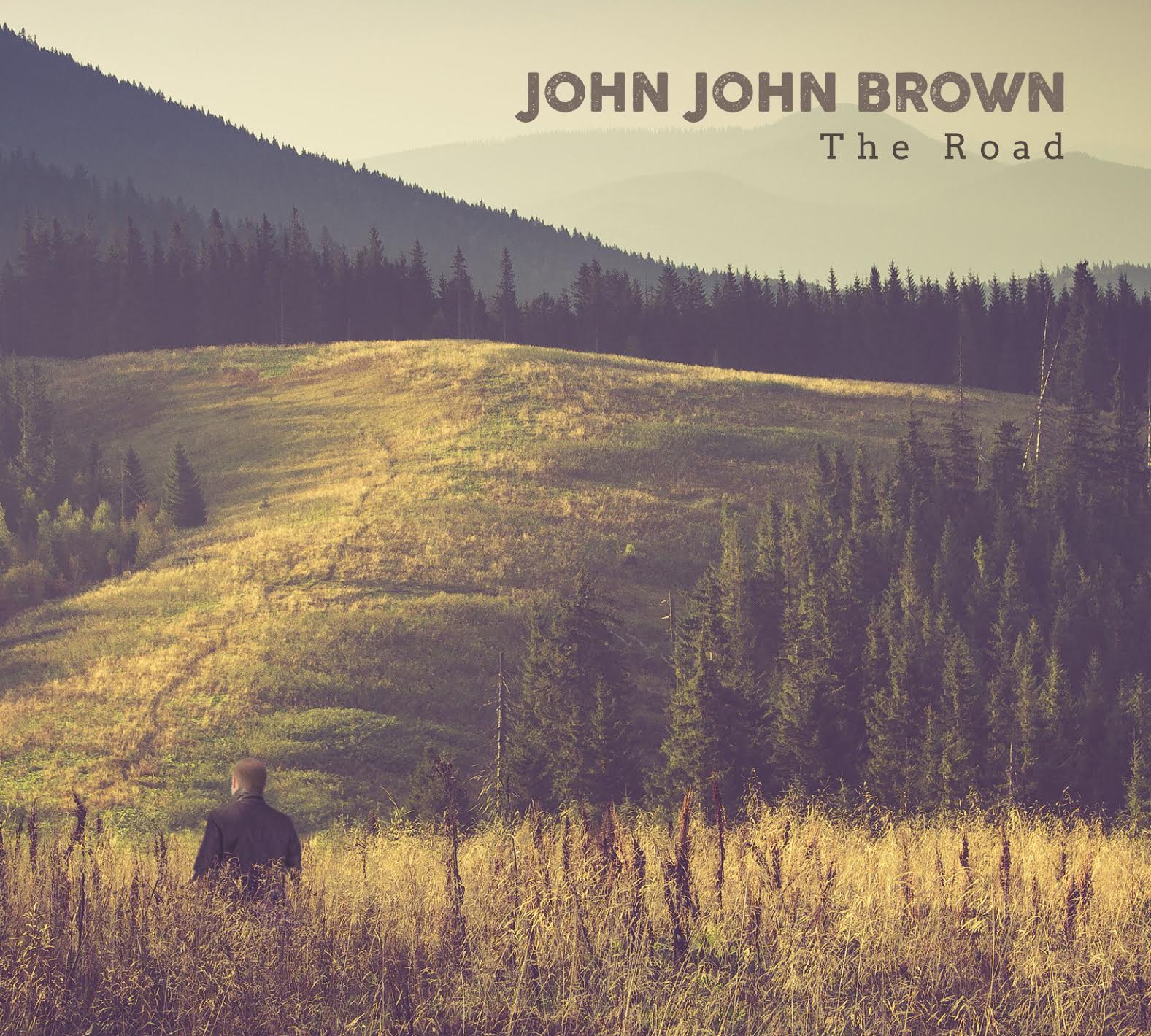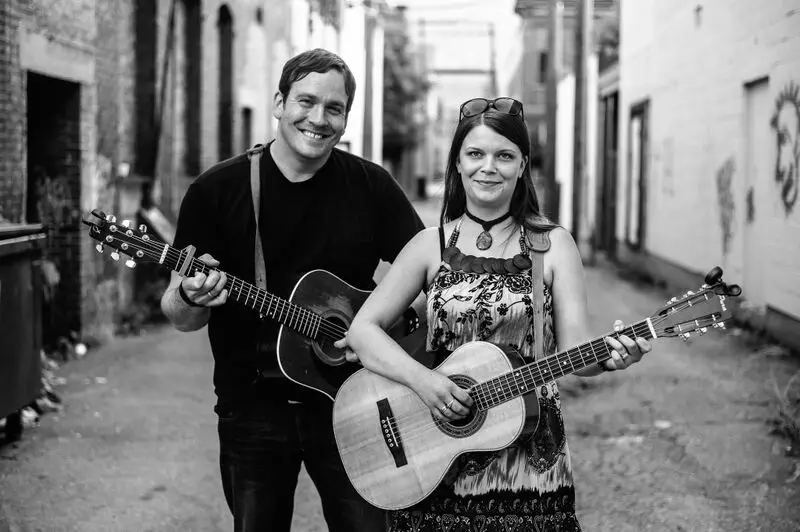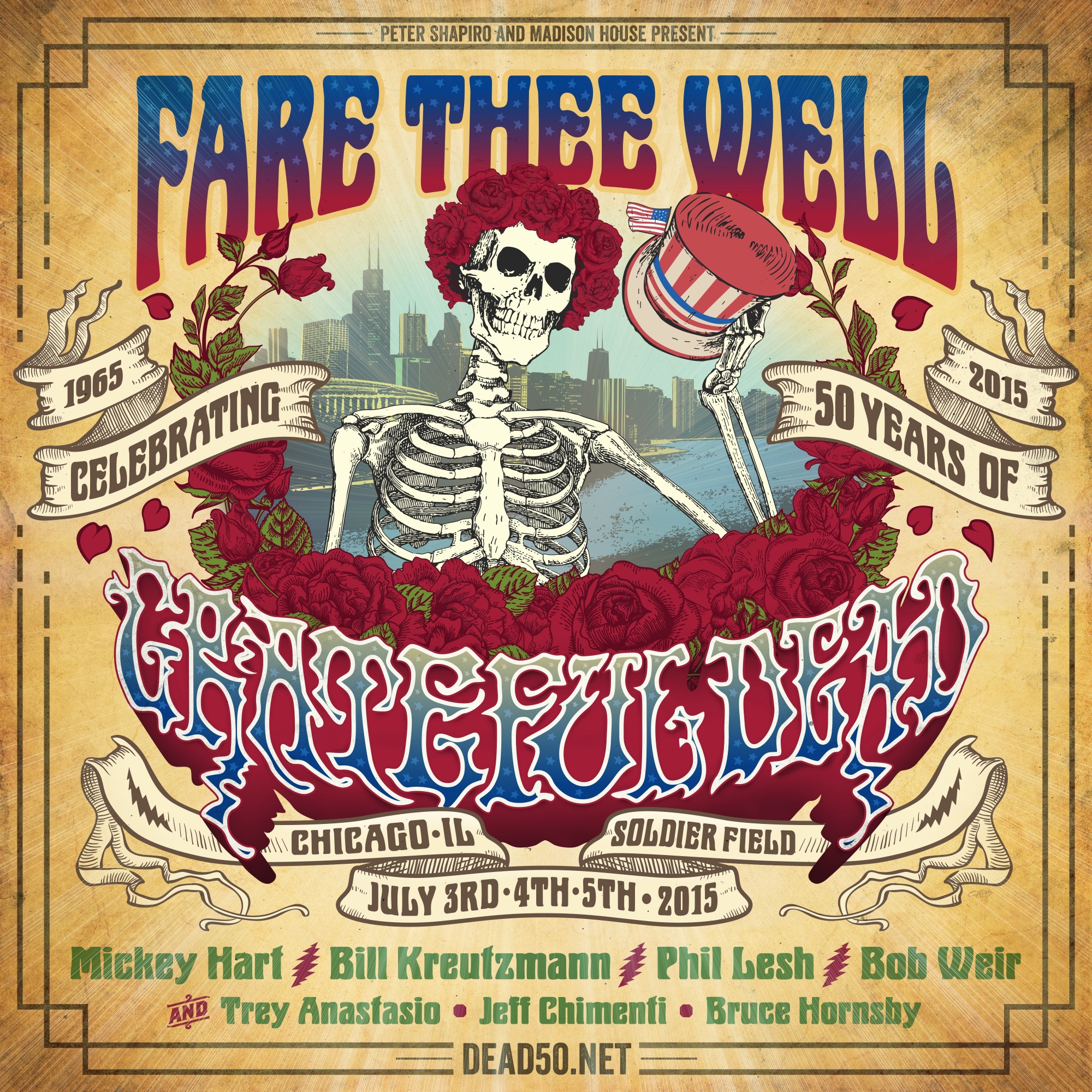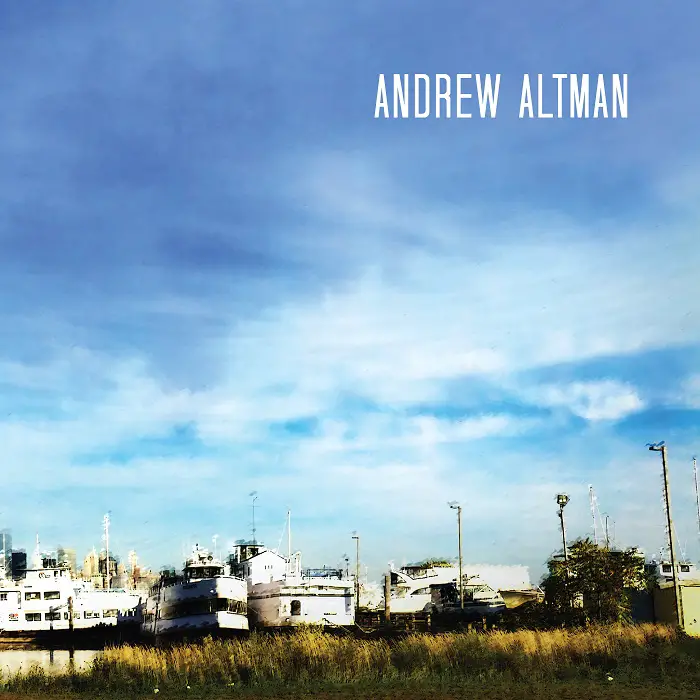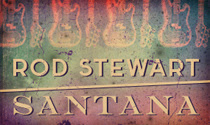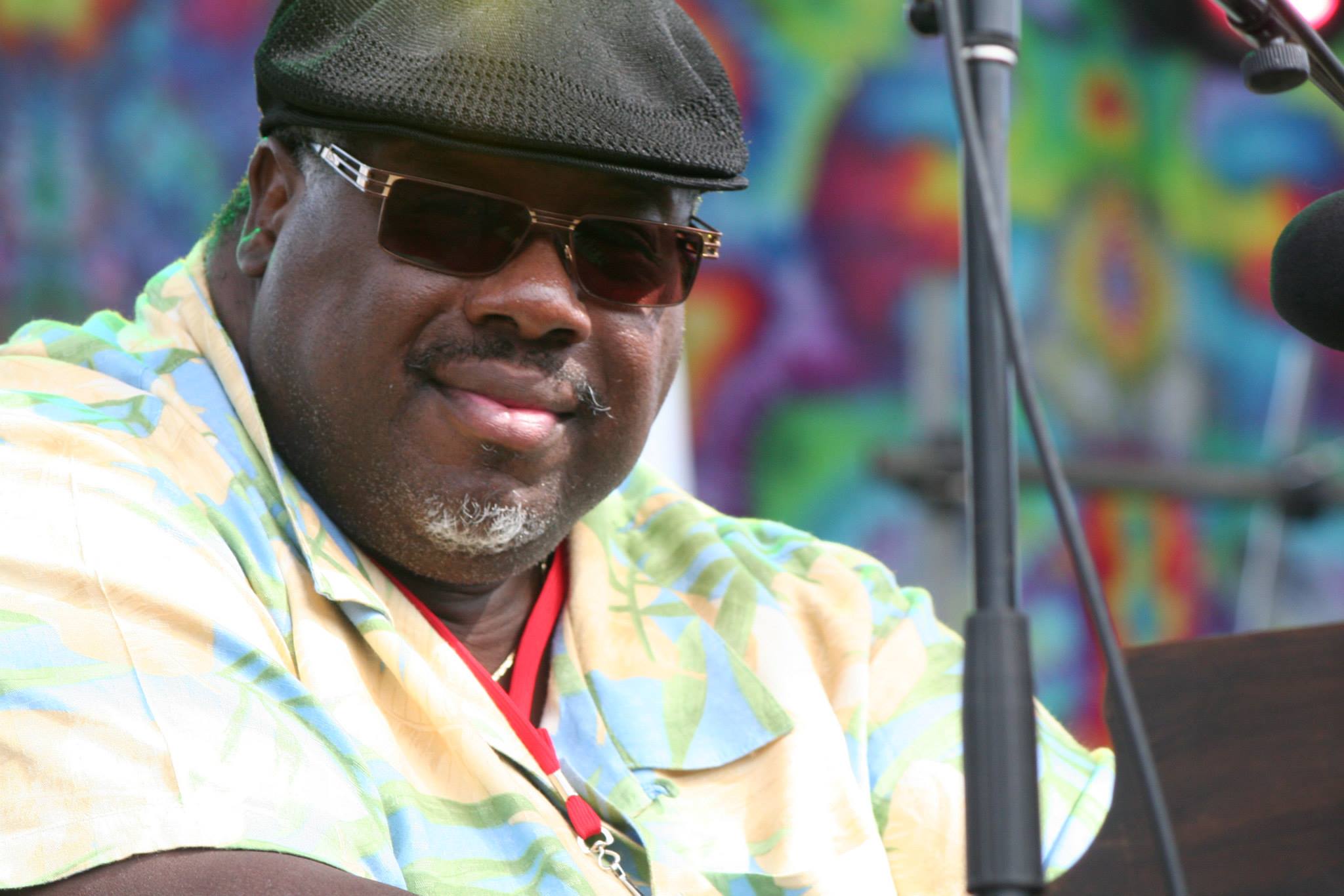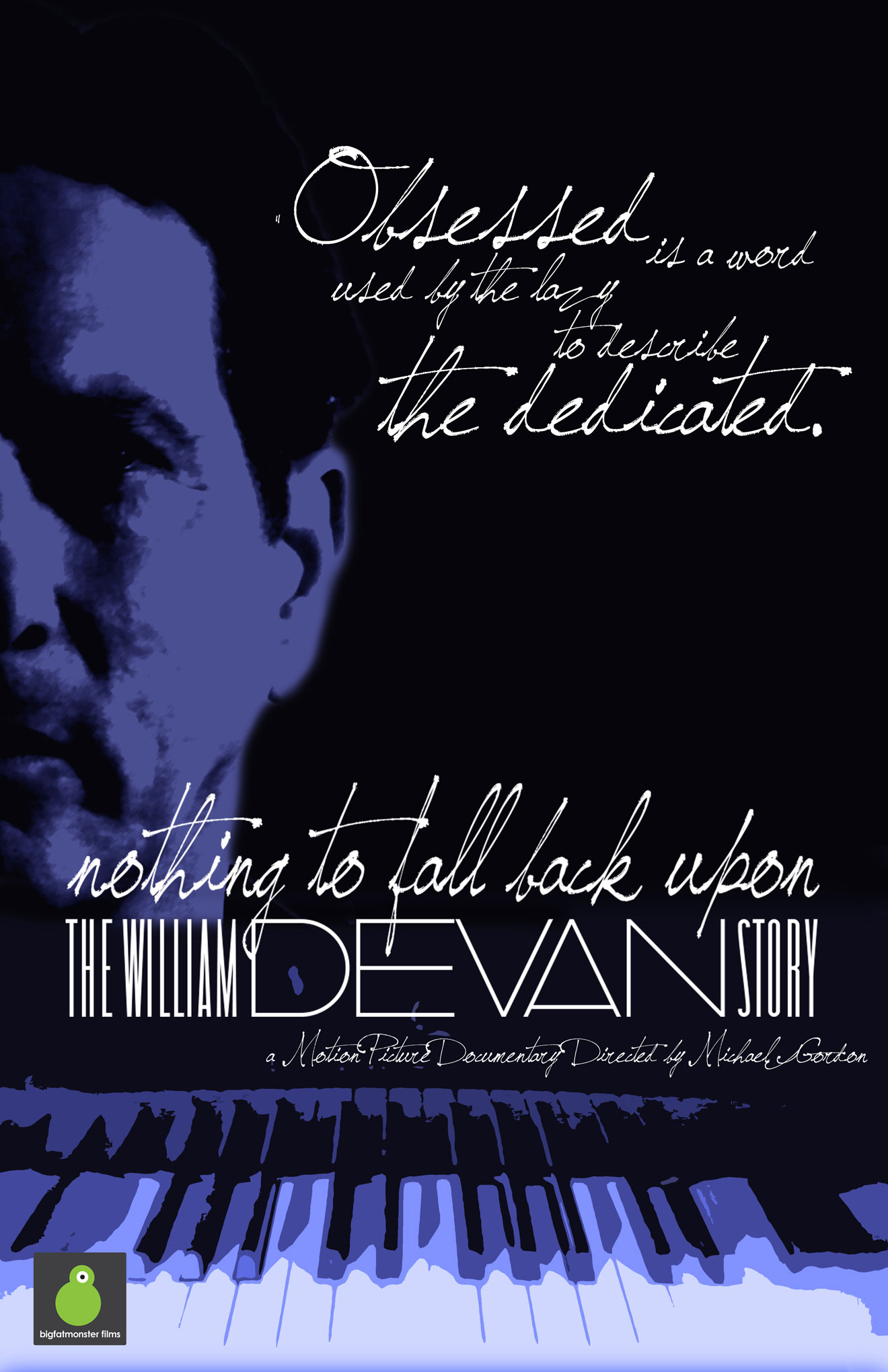Antibalas is set to have their modern day afrobeat classic, Who Is This America?, reissued by Ropeadope on August 17. While it's common for influential recordings to receive reissue treatment decades later or around specific anniversaries, Ropeadope has made the decision to bring back the Brooklyn-based collective's 2004 album just six years from its initial release for one primary reason: "The questions and powerful social statements on the record are as relevant today as they were in 2004. 'Big Man' is a powerful musical essay on consumerism and the system of continued oppression that it supports, while the title track is even more poignant as our nation continues the struggle for its collective identity in the face of a changing world."
The third album to be recorded and released by Antibalas through that point in time, Who Is This America? was conceived in post-September 11th New York City. As George Bush tried (and later succeeded) in holding on to his presidency, Antibalas was fueling the fires of protest with its powerful musical rhetoric. The 17-piece band simultaneously indicted politicians, ignited a musical tsunami and turned a new generation of listeners on to afrobeat for the first time. In a May 2004 review of the seven-track effort, Pitchfork declared: "Who Is This America?, which in the midst of the current trickle-up afrobeat revival, has Antibalas bringing a more galvanized and urgent righteous noise than ever before, and proving they lead the pack when it comes to the re-imagining and recreating of Fela's archetypal art-form."
Who Is This America? will be reissued on CD with a previously unreleased track produced by Scott Harding entitled "Money Talks." The iTunes version of the reissue will include the exclusive cut, "Paz." Additionally, a special limited edition package featuring the CD, the album download and a reprint of the original Ropeadope "Running Man" t-shirt will be sold at both Antibalas' and Ropeadope's websites.
Formed in Brooklyn circa 1998, Antibalas has shared its dynamic afrobeat and funk sound with 35 countries and over 1000 performances. From humble beginnings at Brooklyn block parties and community benefits, Antibalas has since been featured at prestigious festivals including Coachella, Glastonbury, Montreux, Newport Jazz, and at venues from Riker's Island to Carnegie Hall. Drawing on musical lineages steeped in jazz, funk, Afro‐Caribbean and West African music, the collective is widely recognized for its mastery of and innovation in the afrobeat musical form created in the early 1970s by Nigerian composer/activist Fela Anikulapo-Kuti. Members of Antibalas teamed up with the Dap‐Kings to create the grooves for Amy Winehouse's multi‐platinum Back to Black and continue to work with producer Mark Ronson. The horn section is featured prominently on albums by TV On The Radio and Medeski, Martin & Wood, while winning a Grammy Award for their work on Angelique Kidjo's Djin Djin. Most recently, members of the collective were at the heart of the Tony Award-nominated musical FELA! Born from a series of workshops with director/choreographer Bill T. Jones in late 2006, Antibalas' musicians Aaron Johnson (musical director), Jordan McLean (assistant musical director) and Stuart Bogie helped create what associate producer Questlove called, "the most uncut funk production ever!" After a triumphant Off‐Broadway run, the show opened on Broadway in November 2009 at the Eugene O’Neill Theatre.





